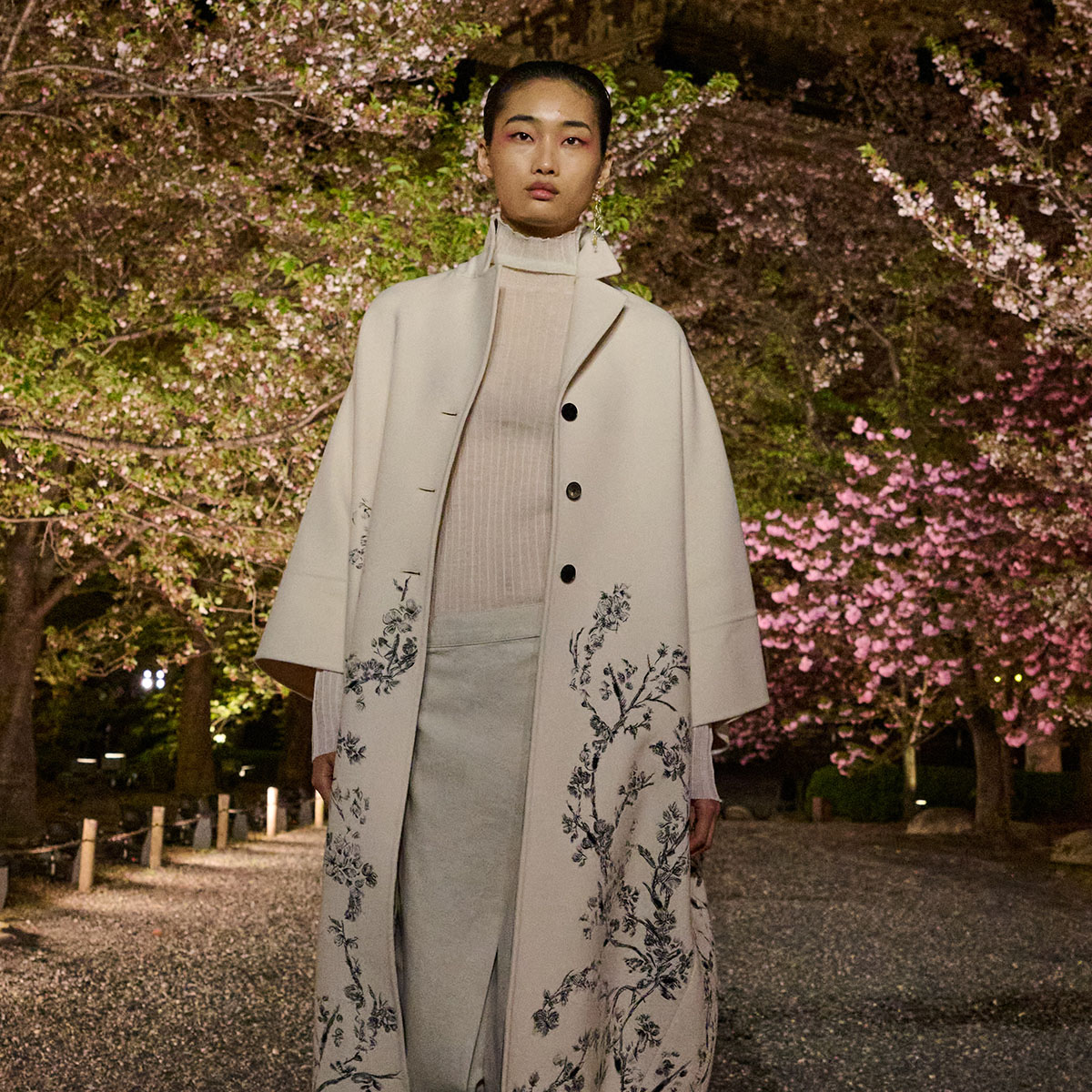The Best Types of Birth Control to Ease Your Most Annoying PMS Symptoms

As important of a topic as birth control is, it can be daunting. Truth be told, we've still found there to be a lack of transparent, accurate, and, frankly, trustworthy dialogue on the subject. (Something we're working to change here at The/Thirty!) There are issues of limited access, problematic assumptions, and complicated (or blatantly incorrect) messaging surrounding birth control in addition to an inundation of options and methods. Woof. Altogether, this macro-brew of factors can spell a recipe for a thunderstorm of confusion and frustration—especially if you're considering birth control for symptoms other than (or in addition to) prevented pregnancy.
Of course, if you're considering going on (or off!) birth control for any reason, we recommend talking to your a trusted ob-gyn first and foremost. They know you on an emotional and physical level and will help you make the best choice for you. The age-old phrase "information is power" may be a cliché, but it's also pertinent. That said, if you're looking for some basic guidance and supplemental information to serve as a springboard for that in-office appointment, we reached out to Harpreet Brar, MD FACOG, board-certified ob-gyn at DMC Hutzel Women’s Hospital, to help answer a few of our burning questions. In particular, which types of birth control might be best if we're looking to treat or ease other hormonal/PMS-related symptoms like cramps, mood swings, acne, heavy periods, and the like. Keep scrolling to learn more.
First, A Note on Process
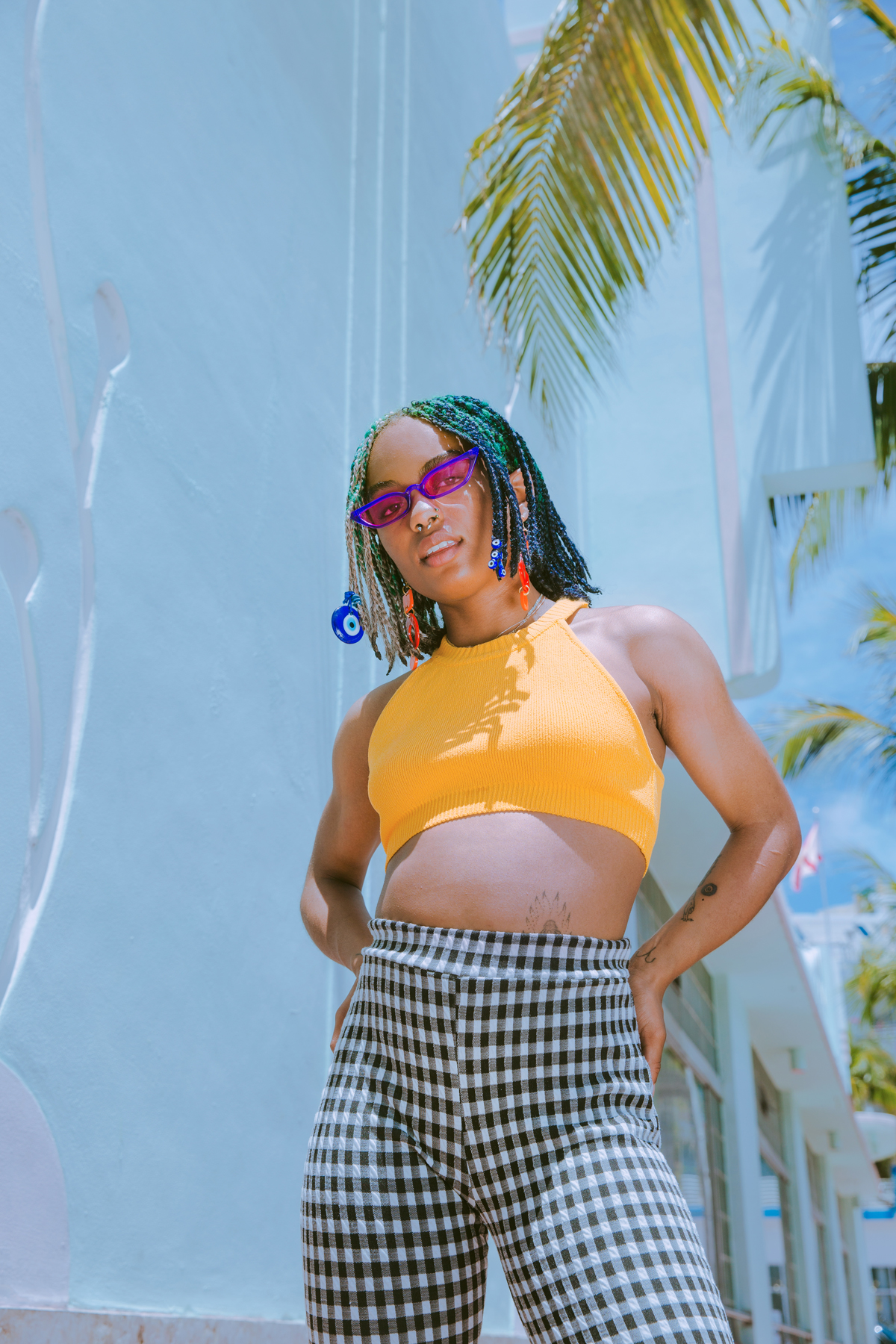
You already know that prescribing birth control isn't like prescribing an antibiotic. There are so many factors involved that must address your goals and reasoning for taking the pill, yes, but your mental and physical environment as well. Since birth control will manipulate hormones, it won't be a black-and-white, this-or-that process with your doctor.
"When a patient decides to initiate a contraception method during a checkup, their gynecologist/healthcare provider will begin with a complete history and a focused physical exam," explains Brar. "Things to consider when choosing a particular method of birth control involve the patient’s medical and family history, including medical problems that may preclude a patient from being an ideal candidate for a particular method of birth control."
Additionally, she tells us, your gyno will take careful note of any medications you're taking that could interfere with the efficacy of certain birth control methods, your social history, future contraception plans, lifestyle factors (like whether you smoke), plus our primary focus for this piece: the non-contraception benefits of hormonal contraception a patient may desire—e.g., eased cramping, fewer breakouts, or less-intense mood swings.
"There are many non-contraceptive benefits to birth control," Brar confirms. "Hormonal contraception can be used to treat a variety of symptoms such as an irregular menstrual cycle, breakouts, heavy menstrual flow, painful cycles, and more. Studies have shown that estrogen- and progestin-containing birth control pills may also lower a woman's lifetime risk of developing some kinds of ovarian cancers, and the longer the woman is on the pill, the lower the risk of developing certain ovarian cancers could be."
The Best Birth Control for Cramps
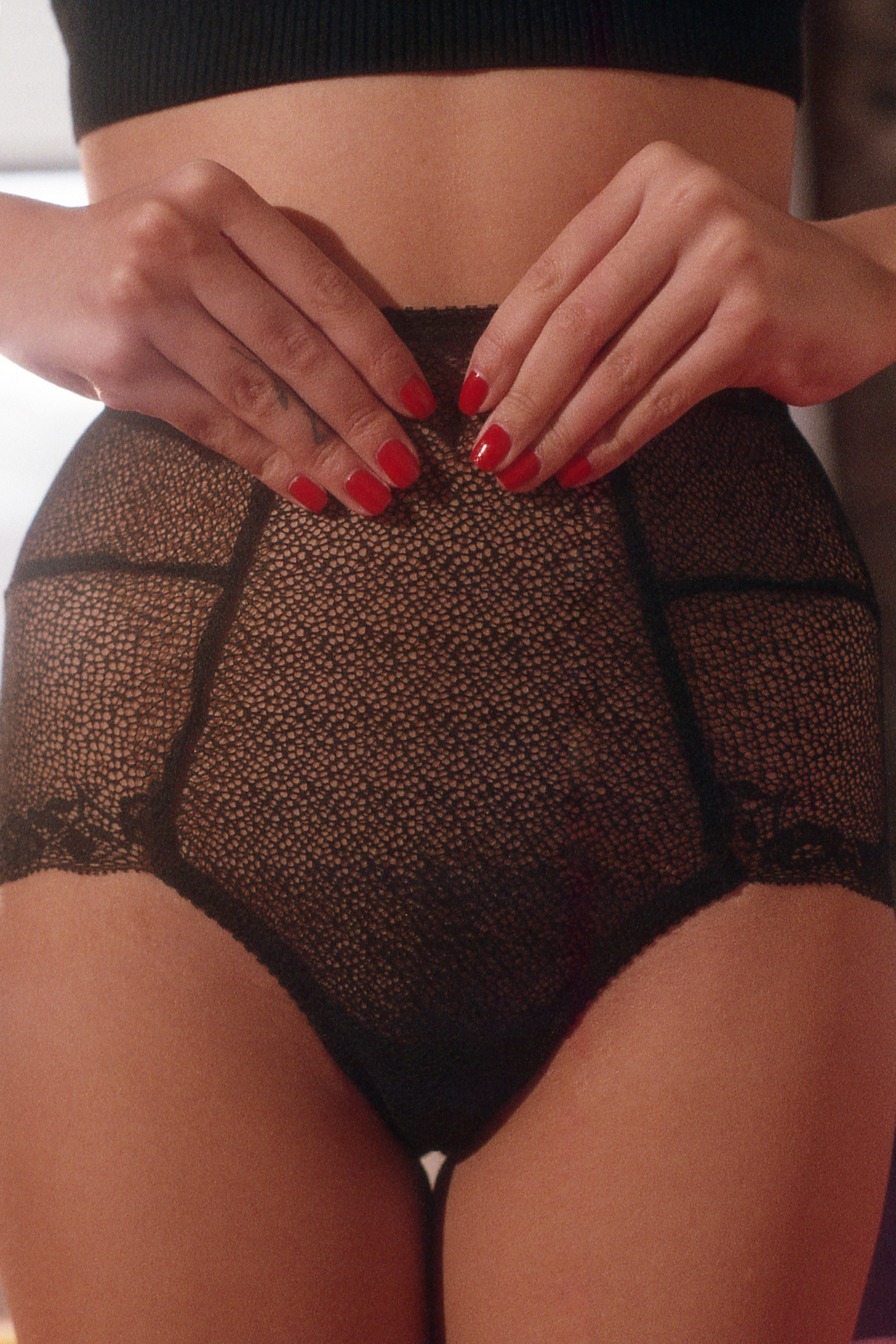
"Women with heavy cramps can actually use a variety of birth control methods to help decrease their cramping," Brar shares. "Oral combined estrogen and progestin birth control pills with high progestin potency are an option, and other methods such as the Levonorgestrel IUD and medroxyprogesterone acetate injection—aka the shot—also work well to decrease the intensity of menstrual cramps." This, she explains, is partially due to their ability to help decrease your menstrual cycle flow and/or duration of your bleed.
The Best Birth Control for Acne
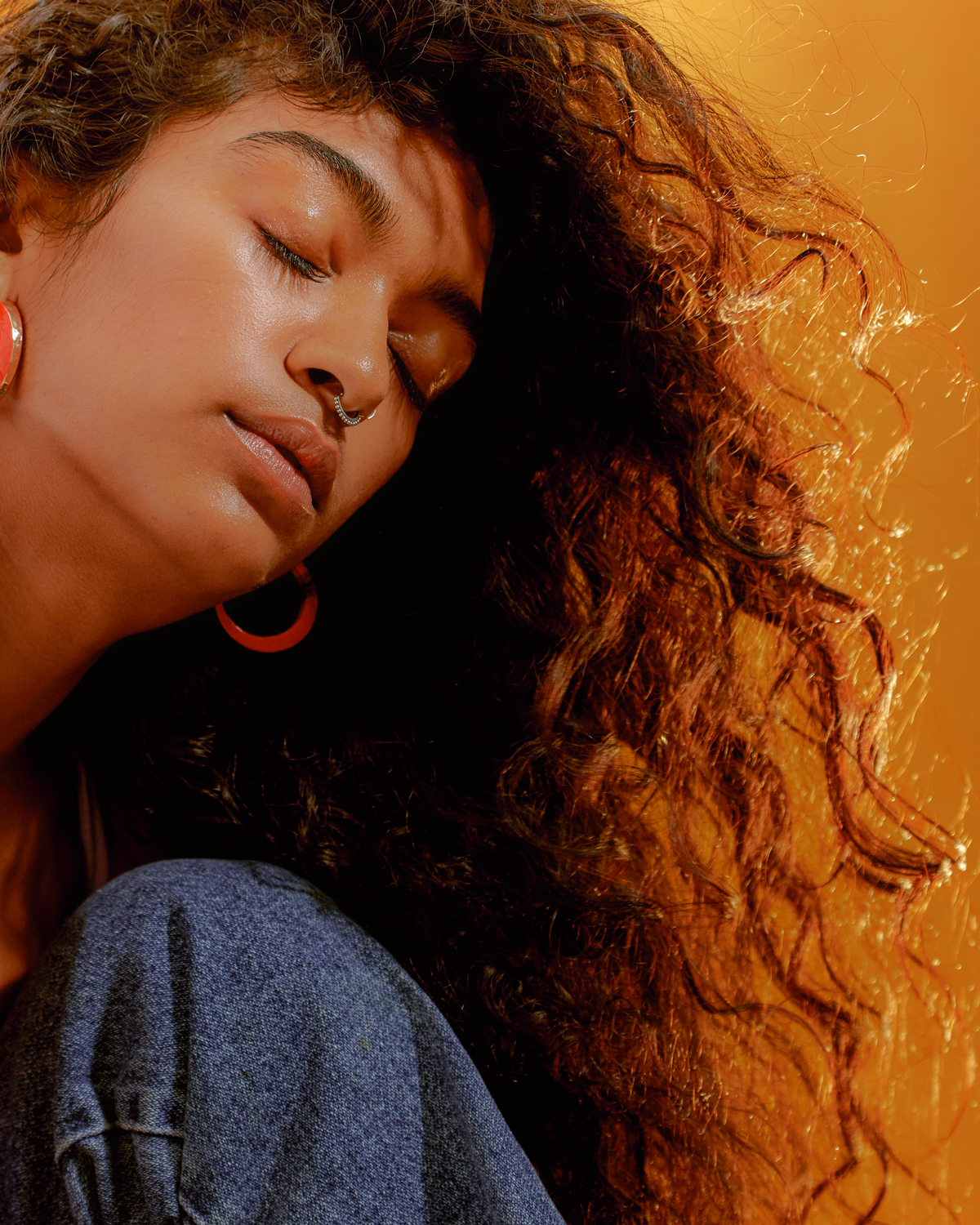
According to Brar, if a patient doesn't have any other contraindications that need to be considered, she'll typically recommend a birth control pill that combines estrogen and progestin. (Elevated testosterone or too-low estrogen can exacerbate the potential for cyclical and stubborn breakouts.) Because of this, a pill with a higher estrogen component and a lower androgen [think male hormone] component is usually best for curbing persistent acne.
The Best Birth Control for Mood Swings & Other PMS Symptoms
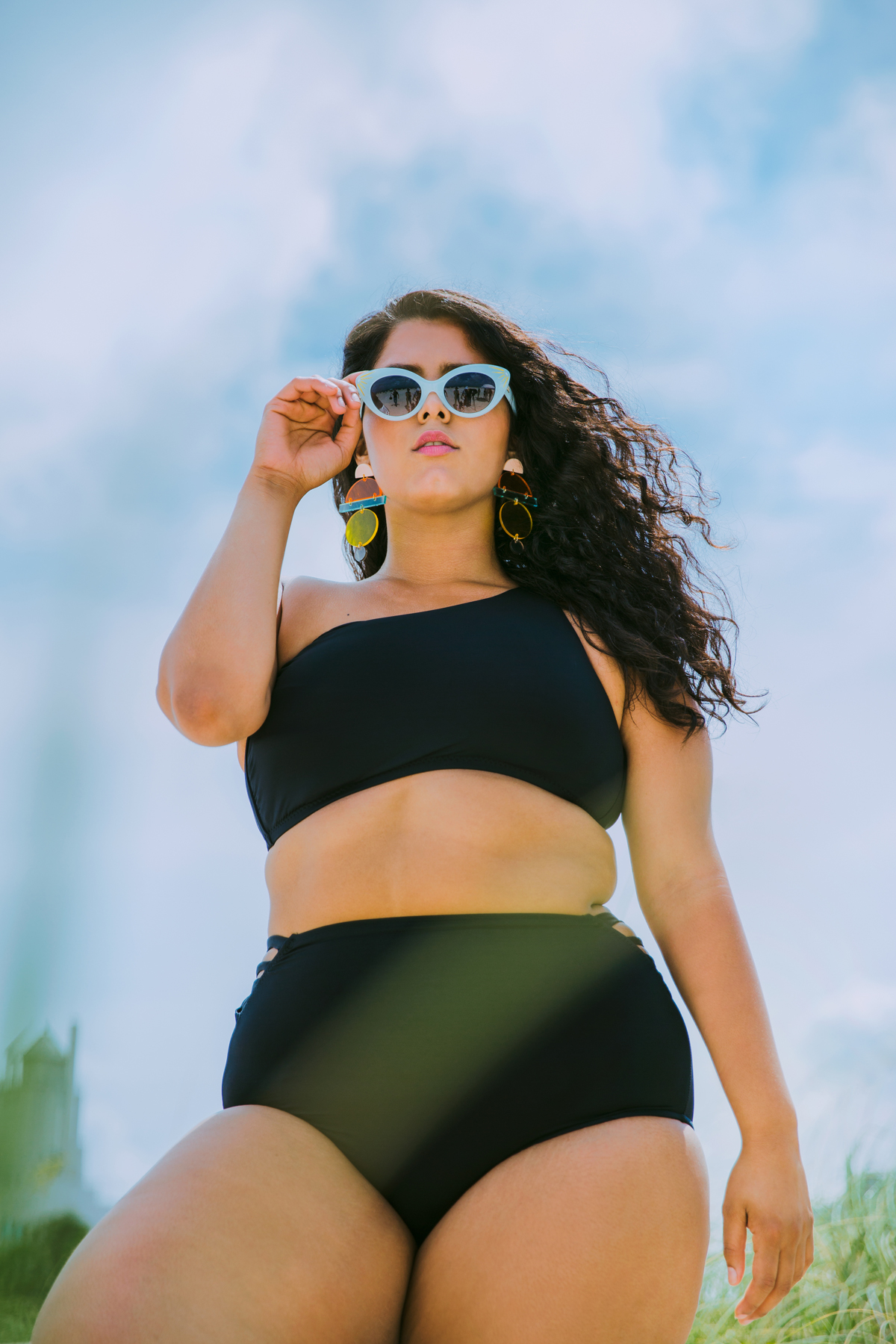
"There are many non-contraceptive benefits to birth control, including treatment of PMS and mood swings," says Brar. "Many women are sensitive to the hormonal changes that occur with menstruation. Again, combined estrogen and progestin oral birth control pills, often taken continuously [without placebos] can help to stabilize mood by decreasing hormonal fluctuations."
Will Recommendations Change Depending on Sexual Activity?

"If a patient is using birth control for its contraceptive benefits as well, the recommendation for the optimal method of birth control may vary," Brar points out. "The efficacy fluctuates with different types of contraception, and long-acting methods such as an IUD or an Etonogestrel implant are generally the most efficacious means of preventing pregnancy."
Brar points out that a patient's future plans for trying to conceive should also be taken into account when selecting the optimal birth control regardless of your reasoning. And as another helpful reminder, women who are sexually active should also be using a barrier method of contraception such as a male or female condom to help protect against sexually transmitted infections.
Next up: The 7 Best Foods to Eat for a Happier Period—and 6 to Avoid
Disclaimer
This article is provided for informational purposes only and is not intended to be used in the place of advice of your physician or other medical professionals. You should always consult with your doctor or healthcare provider first with any health-related questions.
Erin has been writing a mix of beauty and wellness content for Who What Wear for over five years. Prior to that, she spent two and half years writing for Byrdie. She now calls Santa Monica home but grew up in Minnetonka, Minnesota, and studied writing, rhetoric, and communication at University of Wisconsin, La Crosse. She studied abroad in Galway, Ireland, and spent a summer in L.A. interning with the Byrdie and Who What Wear family. After graduating from UW, she spent one year in San Francisco, where she worked as a writer for Pottery Barn Kids and PBteen before moving down to L.A. to begin her career as a beauty editor.
-
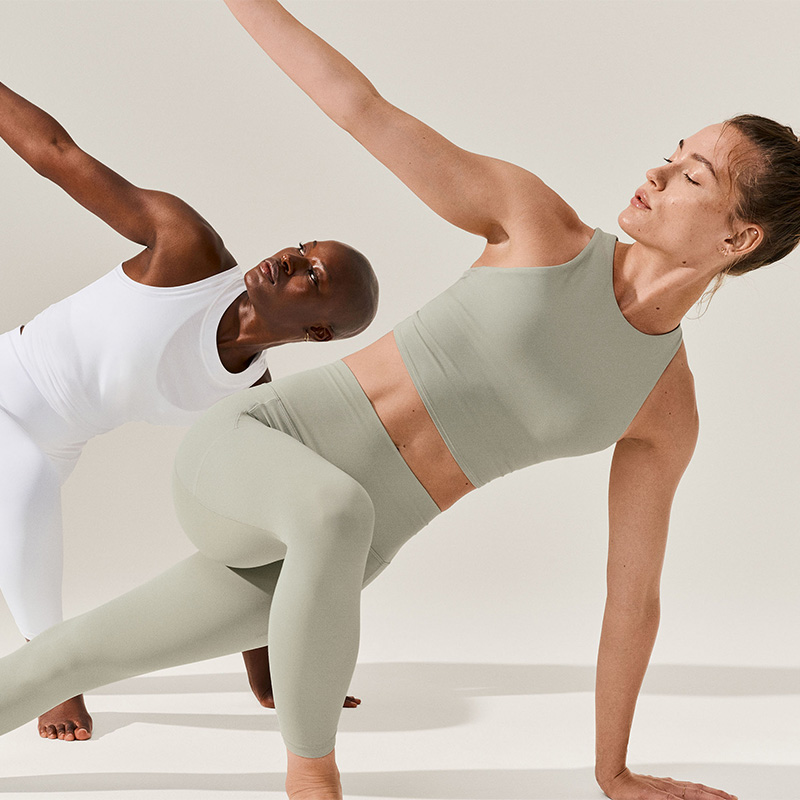 I Live for Yoga and Pilates—These Are the Pieces That Help My Flow
I Live for Yoga and Pilates—These Are the Pieces That Help My FlowTake notes.
By Humaa Hussain
-
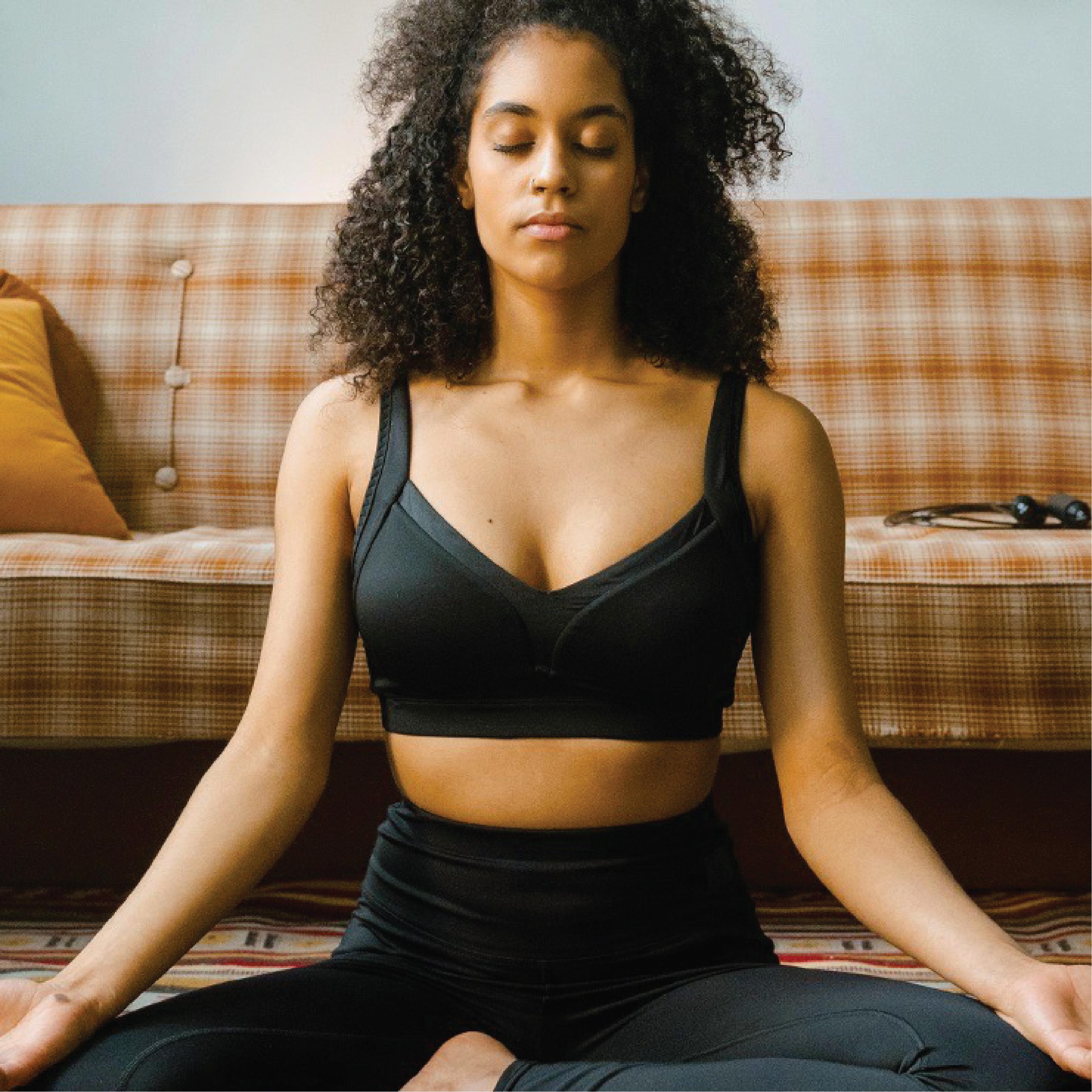 It's Time to Get Our Nutrition in Check for Summer—This App Is Making It Easy
It's Time to Get Our Nutrition in Check for Summer—This App Is Making It EasyThe recipe ideas are endless.
By Who What Wear
-
 If You're Battling With Digestive Issues, This Could Be Why
If You're Battling With Digestive Issues, This Could Be WhyTurns out, you may not have IBS after all.
By Kia Topps
-
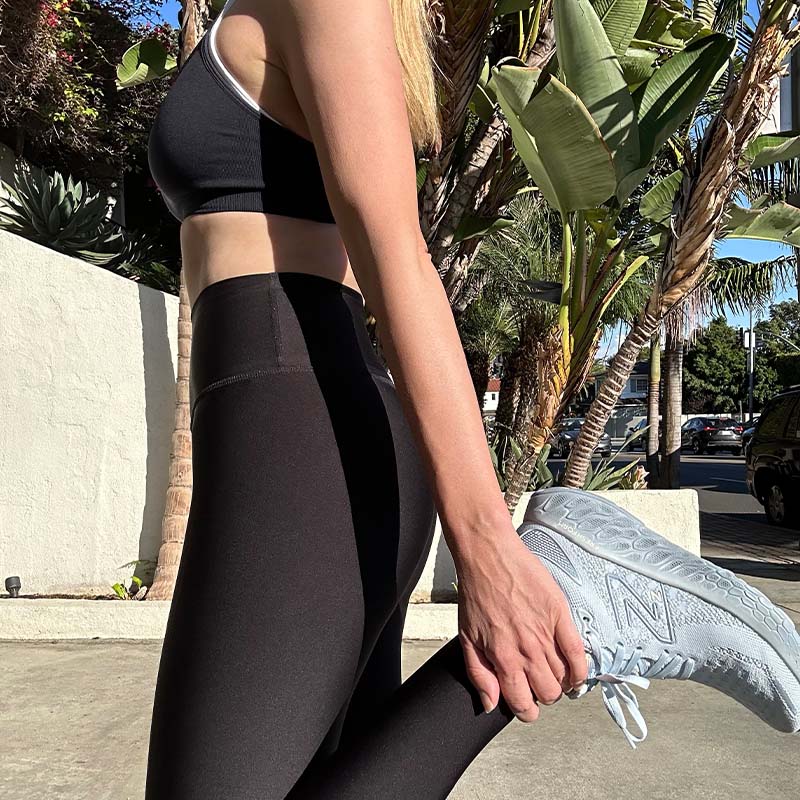 Our Editors Own a Lot of Sneakers, But This Pair Comes in First Place Every Time
Our Editors Own a Lot of Sneakers, But This Pair Comes in First Place Every TimeA major win.
By Aniyah Morinia
-
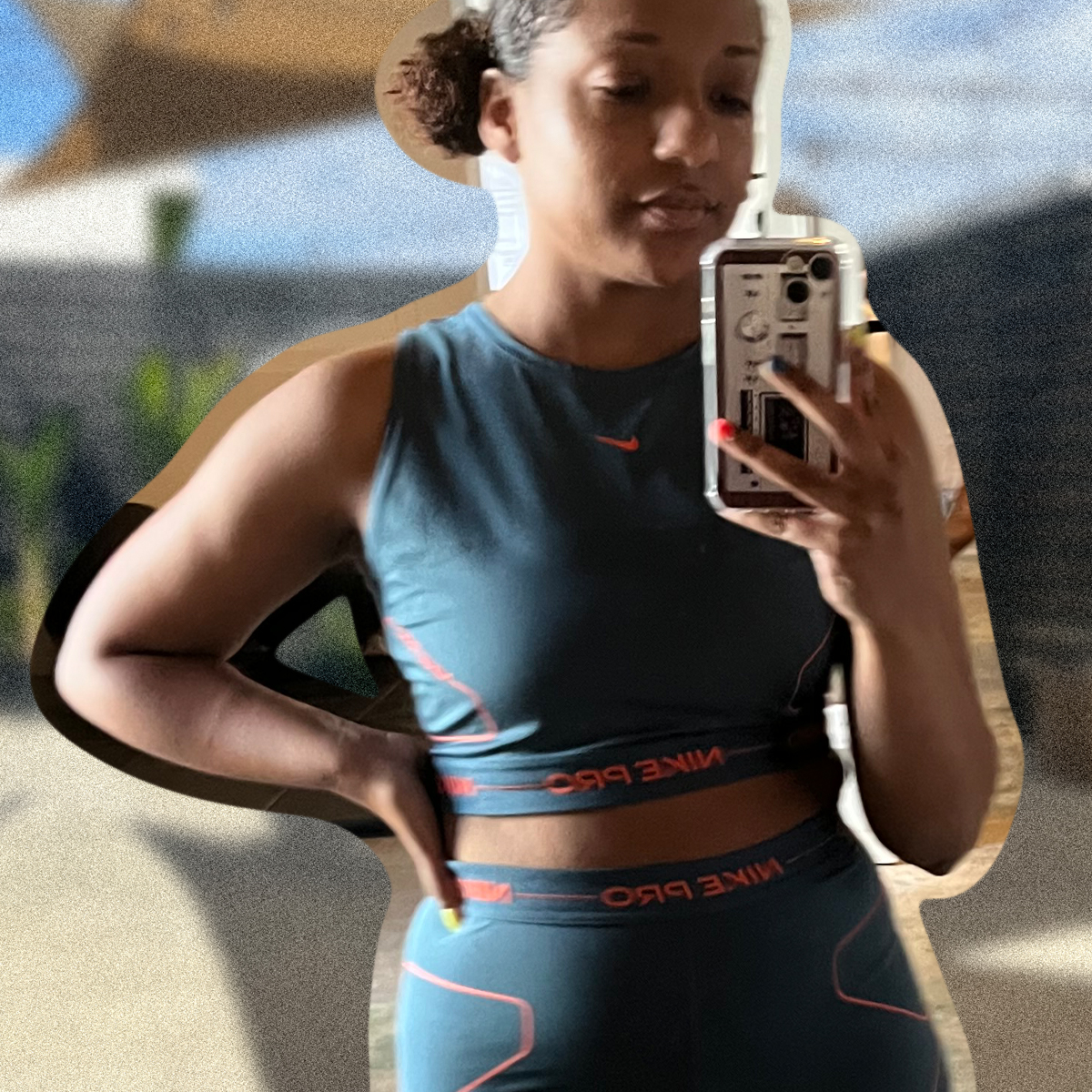 I Changed My Mind About Strength Training When I Tried This Workout
I Changed My Mind About Strength Training When I Tried This WorkoutMy confidence is officially on 10.
By Kia Topps
-
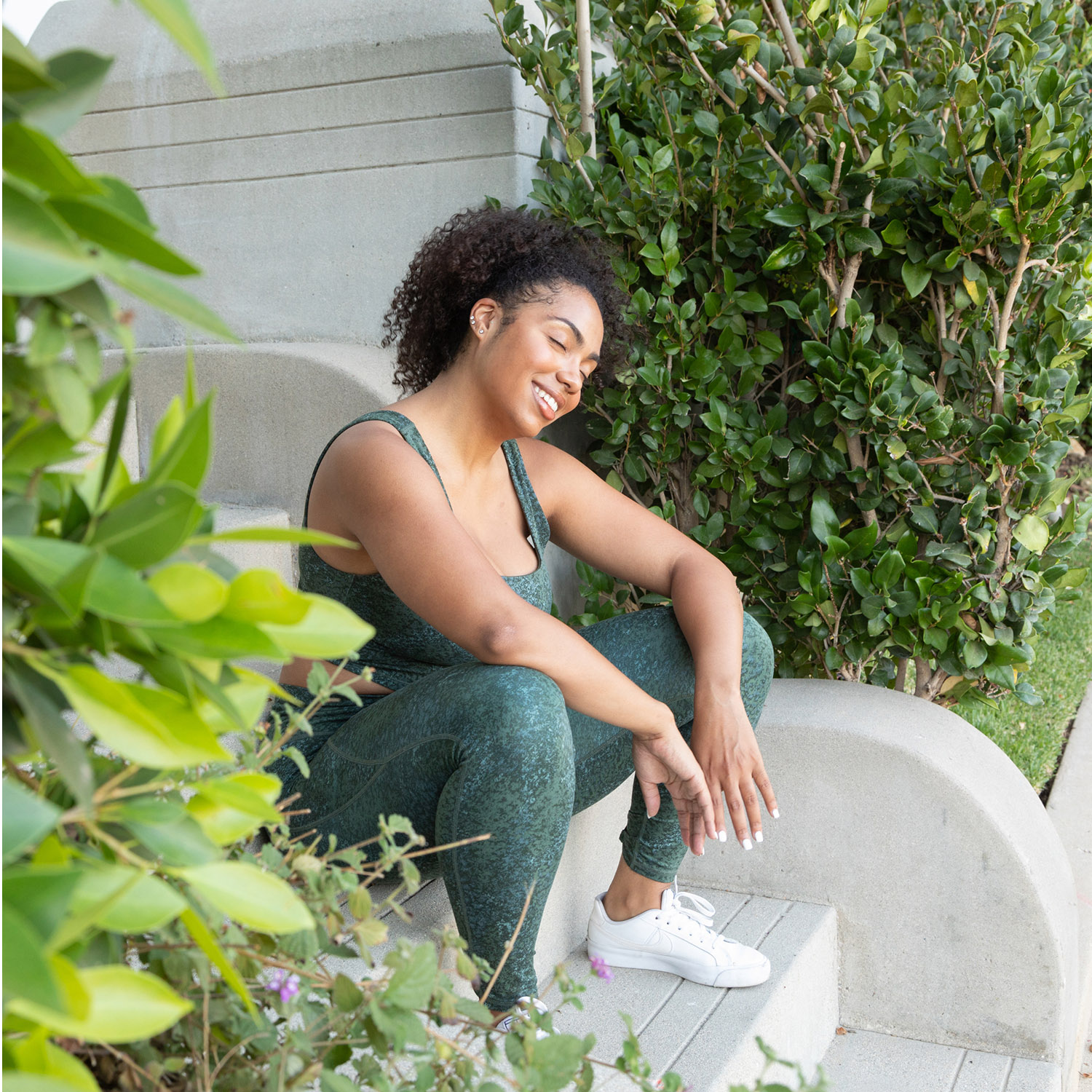 This Type of Gear Will Take Your Workout to the Next Level
This Type of Gear Will Take Your Workout to the Next LevelBring it on.
By Sarah Yang
-
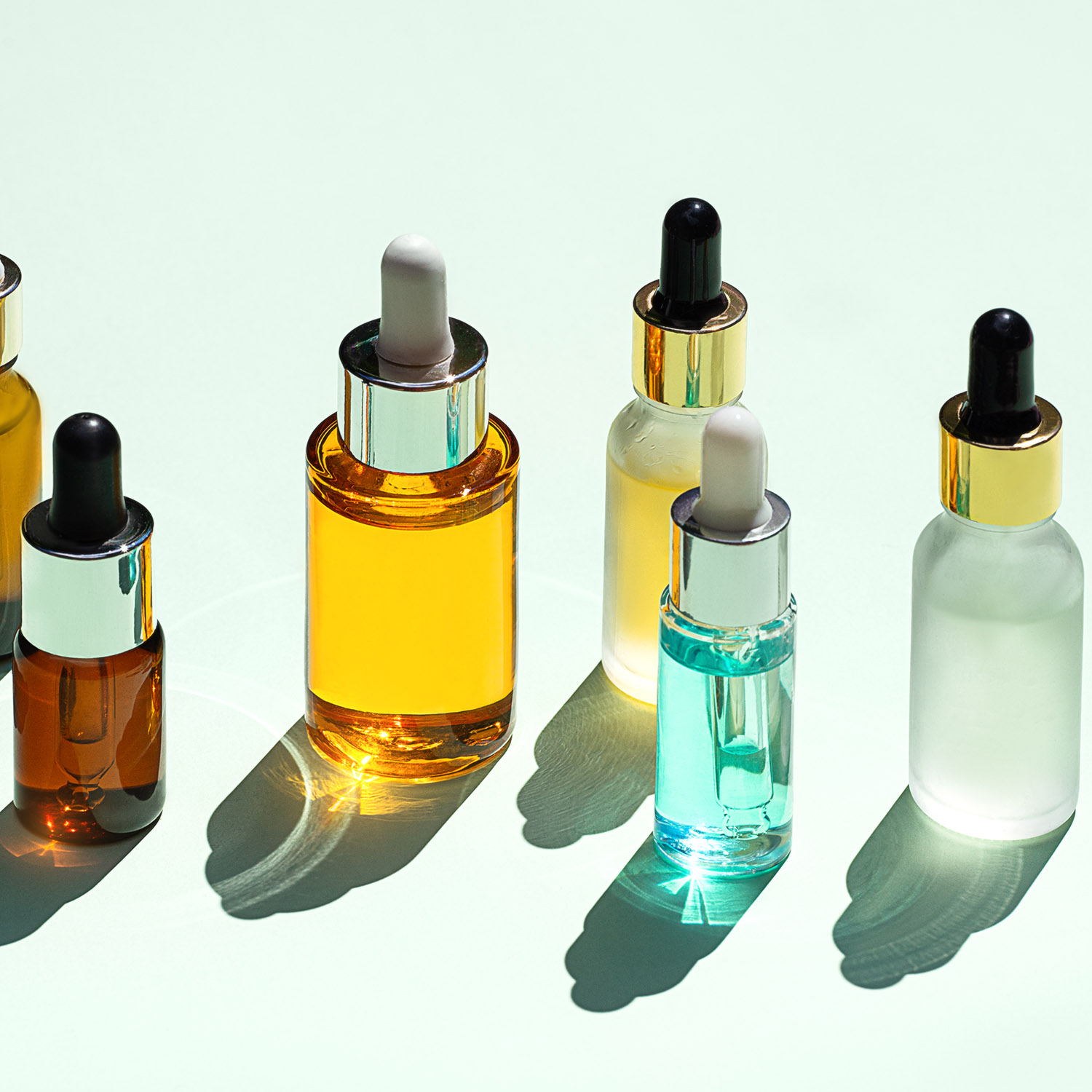 6 Essential Oils That Will Heal Your Painful Sunburns
6 Essential Oils That Will Heal Your Painful SunburnsAll-natural relief ahead.
By Samantha Parsons
-
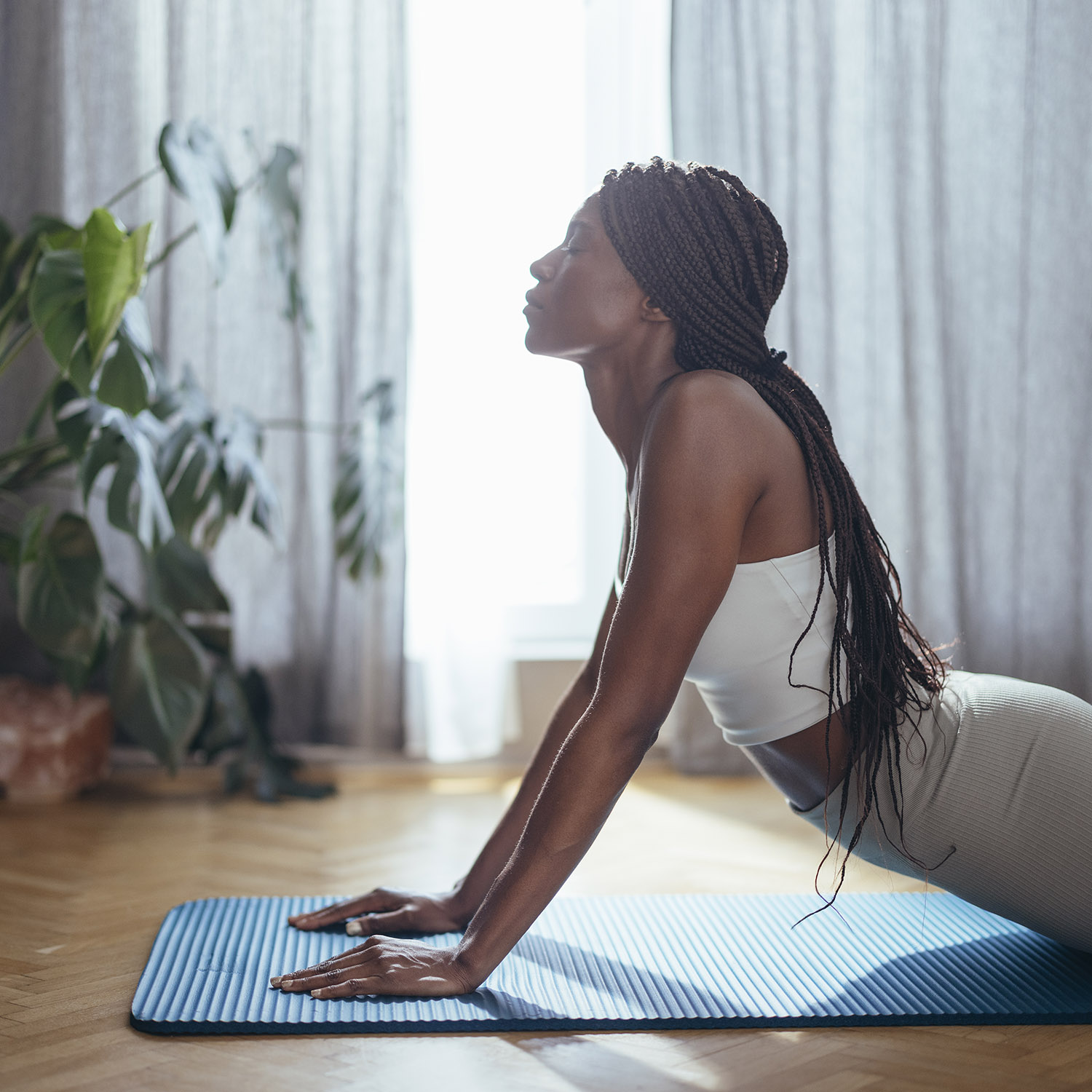 The Activewear Accessory That Can Change Your Yoga Practice
The Activewear Accessory That Can Change Your Yoga PracticeIt's so helpful.
By Sarah Yang

